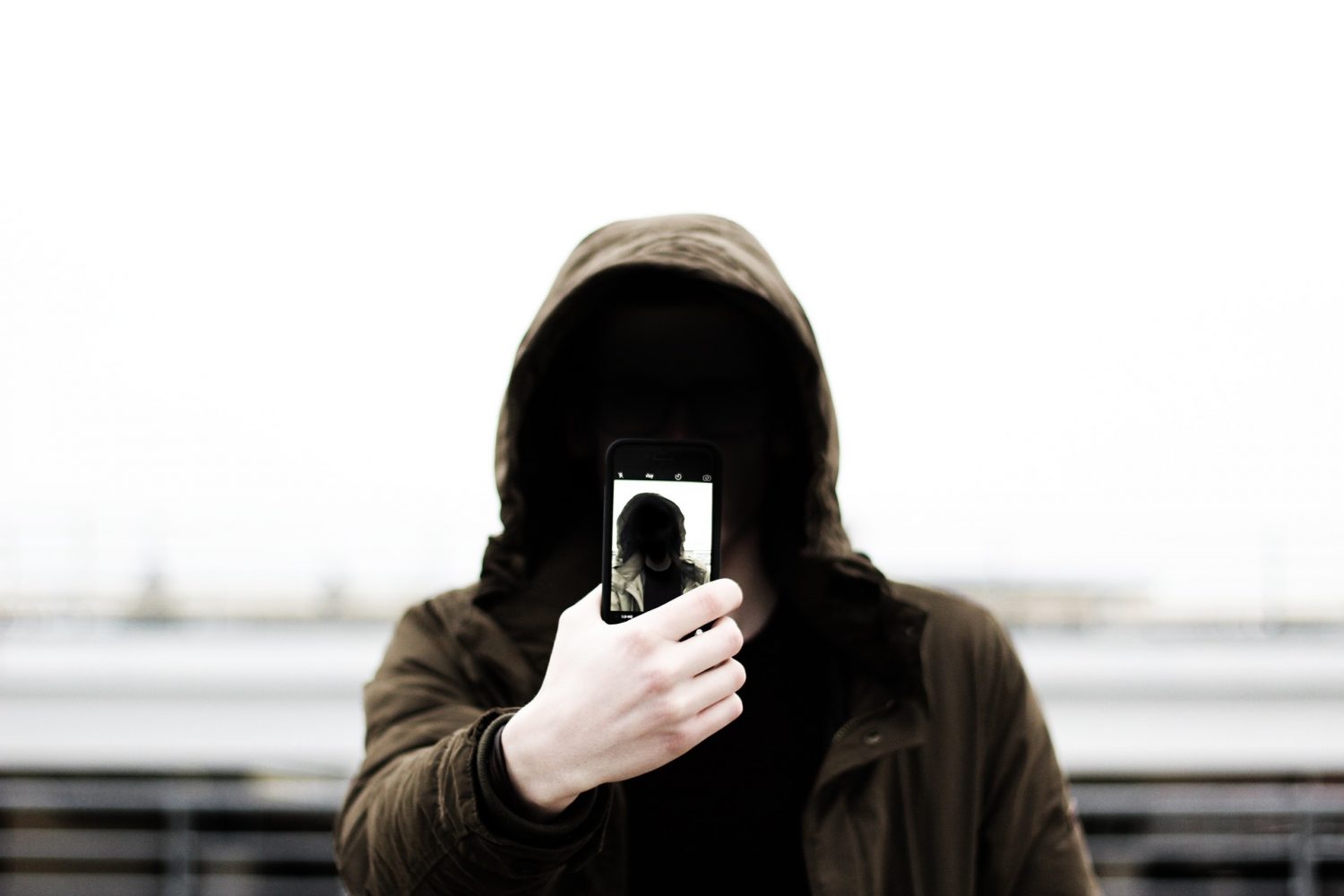There’s been a recent spike in the use of the Russian face-editing app FaceApp, ever since the ‘AgeChallenge’ started trending on social media a couple of days ago.
In the challenge, people – everyone from your friends on Facebook to celebrities across the globe – are using the app to artificially augment their selfies to look older. However, this time it’s not the nature of the app’s features that have raised eyebrows. Instead, people are concerned with the information the app is taking from its users, and what it intends to do with it.
The app gained popularity with its launch in 2017 when users were given the option to add augmented smiles to someone’s face – alongside some problematic features that also garnered the app considerable backlash. Among these were the ‘hot’ filter, which often just made you paler, and an ‘ethnicity filter’ which was understandably accused of being racist, inviting widespread digital resistance.
As is with nearly every internet fad, people start finding reasons why you shouldn’t partake. With this one in particular, however, the red flag comes from the app’s terms and conditions.
While according to FaceApp’s terms of service, people still own their own “user content” (read: face), the company owns a never-ending and irrevocable royalty-free license to do anything they want with it… in front of whoever they wish:
You grant FaceApp a perpetual, irrevocable, nonexclusive, royalty-free, worldwide, fully-paid, transferable sub-licensable license to use, reproduce, modify, adapt, publish, translate, create derivative works from, distribute, publicly perform and display your User Content and any name, username or likeness provided in connection with your User Content in all media formats and channels now known or later developed, without compensation to you. When you post or otherwise share User Content on or through our Services, you understand that your User Content and any associated information (such as your [username], location or profile photo) will be visible to the public.
Initial claims that the app uploads your entire photo gallery to its server have since been refuted by the founder, Yaroslav Goncharov. Responding to Forbes, he said, “We only upload a photo selected by a user for editing. We might store that photo in the cloud. The main reason for this is performance and traffic. Most images are deleted from our servers within 48 hours from the upload date.”
However, it becomes important to note that they could perform the edits on the user’s phone itself, without uploading them to servers. But they choose not to do so because sticking to their own computers means better training for their AI.
The company is based in Russia, which has arguably been the other source of public discomfort. But, Forbes confirms that these hosting servers are not physically situated in Russia, but rather in the Amazon data centres in the US.
So, what’s the worst that could happen with your data?
PhoneArena’s Peter Kostadinov says, “You might end up on a billboard somewhere in Moscow, but your face will most likely end up training some AI facial-recognition algorithm.”
Whether that matters to you or not is ultimately your decision.
While your information will probably not be sold to Russian Intelligence or the government, that doesn’t mean this policy is absolutely harmless. An application doesn’t have to be doing something nefarious today to make its users cautious of its intentions.
If there is one takeaway from the Facebook-Cambridge Analytica Data Scandal from last year, it’s that you cannot really trust how your data is handled. There’s an old and oft-overused cliché in tech that if you aren’t paying for a product, you’re not the customer — you’re the product.
It’s overused because it’s often true. While the app isn’t currently selling its (your) data to third parties, there’s no stopping it from directly or indirectly doing so in the near – or distant – future.
Then again, maybe we’re being too hard on FaceApp. After all, we agree with nearly the same terms and conditions when we use Twitter and Snapchat. The latter even collects geographic information, obtains private messages and contacts.
Perhaps we’re not panicking because they’re American and we’ve already integrated them so seamlessly into our lives.
Featured image credit: Pixabay

